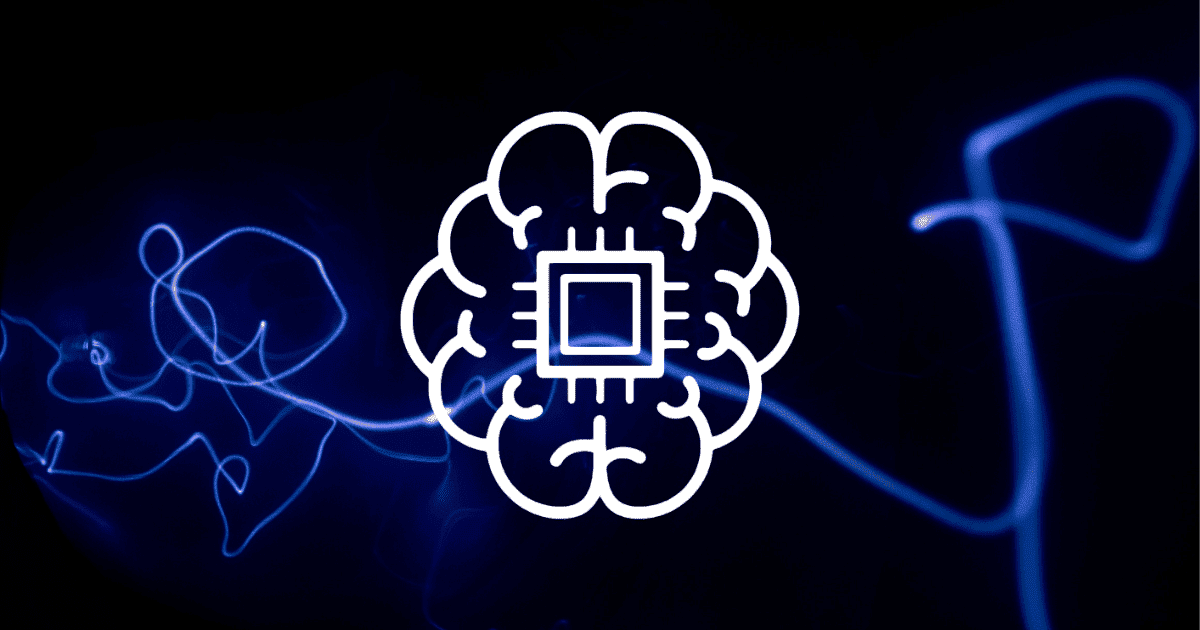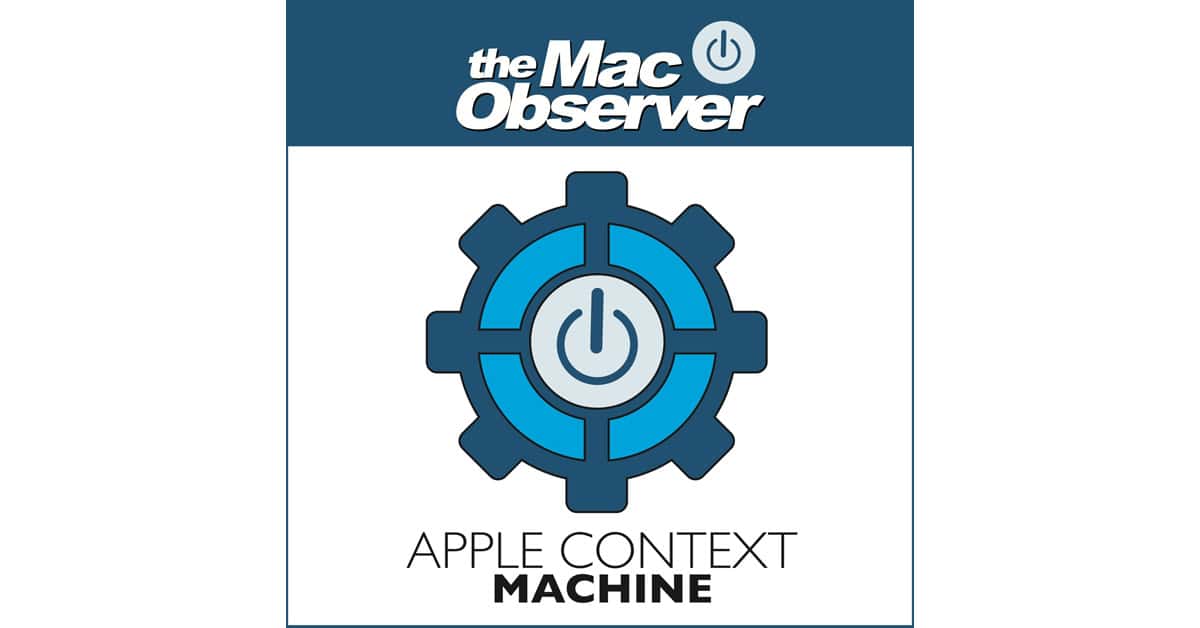John Martellaro and Charlotte Henry join host Kelly Guimont to discuss levels of computer intelligence, and the UK’s first cashless stadium.
AI
AI, Machine Learning, and Deep Learning Explained
We hear the first two terms all the time from Apple. They can be confusing. So, in order to help differentiate between the terms, the TechRepublic has written up a short but helpful tutorial for business people.
The first step is communicating what the definitions are for AI, machine learning (ML), and deep learning. There is some argument that AI, ML, and deep learning are each individual technologies. I view AI/ML/deep learning as successive stages of computer automation and analytics that are built on a common platform.
A traffic planning example makes it clear.
Introducing the Animal-AI Olympics to Test AI Smarts
In the Animal-AI Olympics, AI will be given tests originally designed to test animal cognition in a US$10,000 competition.
The Animal-AI Olympics is the creation of a team of researchers at the Leverhulme Centre for the Future of Intelligence in Cambridge, England, along with GoodAI, a Prague-based research institute. The competition is part of a bigger project at the Leverhulme Centre called Kinds of Intelligence, which brings together an interdisciplinary team of animal cognition researchers, computer scientists, and philosophers to consider the differences and similarities between human, animal, and mechanical ways of thinking.
These AI-Created People Don't Exist
Digital Trends writes: “While it’s been clear for quite some time that modern A.I. is getting pretty darn good at generating accurate human faces, it’s a reminder of just how far we’ve come…” The face shown here is just one of many created by an AI, explained in the article. “The results … well, you can see them for yourself by checking out the website. Hitting refresh will iterate an entirely new face.”
Soon there will be artificial people on the internet writing AI created articles. (I am actually one of them.)
Webcams and Post-Its, Scary AI – TMO Daily Observations 2019-02-14
John Martellaro and Andrew Orr join Kelly Guimont to discuss webcams and security measures, as well as AI that freaks out even Elon Musk.
Adobe AI Can Enhance Your RAW Files
The new feature called Enhance Details will be found in Camera Raw, Lightroom Classic CC, and Lightroom CC for macOS and Windows.
Blockchain and AI Might Be a Perfect Match
Blockchain technology is sometimes presented as a cure-all – a technology that can improve everything from finance to health, and anything in between. While it may not be able to solve all the world’s ills, there is no doubt that it is a hugely powerful technology that can be used for a large amount of good. One field where the blockchain could have a profound effect is in artificial intelligence, as Yessi Bello Perez outlined on The Next Web.
Unlike cloud-based solutions, the data on a blockchain is broken up into small sections and distributed across the entire computer network. There’s no central authority or control point, and each computer, or node, holds a complete copy of the ledger – meaning that if one or two nodes are compromised, data will not be lost. All that takes place on the blockchain is encrypted and the data cannot be tampered with. Essentially, this means blockchains are the perfect storage facility for sensitive or personal data which, if processed with care with the use of AI, can help unlock valuable bespoke experiences for consumers.
The Facebook 10 Year Challenge Might not Just be a Harmless Meme
If you have been on Facebook or Instagram recently, you will have noticed the “10 Year Challenge”. Users post a profile picture of themselves from 10 years ago and another from now. It is meant to be a harmless meme that laughs at ourselves and late 2000s fashion. But could there be something more sinister to it? Katie O’Neil wondered in Wired if the “10 Year Challenge” is actually helping Facebook develop a facial recognition algorithm.
Imagine that you wanted to train a facial recognition algorithm on age-related characteristics and, more specifically, on age progression (e.g., how people are likely to look as they get older). Ideally, you’d want a broad and rigorous dataset with lots of people’s pictures. It would help if you knew they were taken a fixed number of years apart—say, 10 years. Sure, you could mine Facebook for profile pictures and look at posting dates or EXIF data. But that whole set of profile pictures could end up generating a lot of useless noise…In other words, it would help if you had a clean, simple, helpfully labeled set of then-and-now photos.
Apple Manufacturing, AI Regulation – TMO Daily Observations 2018-12-18
Bryan Chaffin and John Martellaro join host Kelly Guimont to discuss Apple’s attempts at manufacturing in the US, and how to regulate AI.
Better Face ID for iPad Pro, the AI Cold War - TMO Daily Observations 2018-10-26
Dave Hamilton and Andrew Orr join Jeff Gamet to talk about why they expect to see landscape as well as portrait orientation support for Face ID on the new iPad Pro, plus they share their thoughts on the battle for AI supremacy in the U.S. and China.
Apple's Maybe Free TV Shows Plan, Google and Apple's AI Battle - TMO Daily Observations 2018-10-11
John Martellaro and Bryan Chaffin join Jeff Gamet to share their thoughts on how Apple will promote its streaming TV content and follow up on yesterday’s subscription TV overload discussion. They also look at competition in the artificial intelligence space with Google’s new Call Screen feature.
Apple Acquires Machine Learning Startup for Photos
Apple has acquired Danish machine learning startup Spektral. Its technology separates people and objects from a background in photos.
Virtual Teachers, Getting Ready for iOS 12 and macOS Mojave - TMO Daily Observations 2018-08-30
Andrew Orr and Kelly Guimont join Jeff Gamet to talk about AI-based virtual teachers in schools, plus some important warnings before upgrading to iOS 12 or macOS Mojave.
The Story and Analysis of Apple's Trillion Dollar Journey
Here’s a thumbnail sketch of Apple’s journey to a trillion dollar valuation — and why it matters to investors and customers.
AAPL Q3 2018 Earnings, R&D and Robots - TMO Daily Observations 2018-08-01
John Martellaro and Kelly Guimont join Jeff Gamet to talk about Apple’s 2018 third fiscal quarter earnings, the company’s R&D budget, and the possibility of an Apple personal robot.
AI Limitations, iMac Pro Kernel Panic Problem, Bryan’s HomePod Experiment - ACM 472
In this episode, Bryan Chaffin and Jeff Gamet discuss the current limitations of AI, and what real AI in the future might be like. They also talk about Apple’s T2 kernel panic issue and follow up on Bryan’s dual-HomePod TV experiment.
Siri Improves in Loup Ventures AI Showdown, Still Trails Google Assistant
Loup Ventures conducted its annual test to see how popular voice assistants perform, and Apple’s Siri came in second behind Google Assistant.
Siri Co-founder Tom Gruber Leaves Apple
Siri co-founder Tom Gruber has left Apple to “pursue personal interests.” He was the last of the original Siri group to go.
Apple's New AI Boss, Leaked iPhone Glass Photo - TMO Daily Observations 2018-07-17
Adam Christianson from the Maccast and Bryan Chaffin join Jeff Gamet to talk about Apple’s AI boss John Giannandrea, plus they share their thoughts on a leaked photo showing the next iPhone’s glass front.
The AI Threat, Video Game Addiction - TMO Daily Observations 2018-06-25
John Martellaro and Andrew Orr join Jeff Gamet to look at the potential problems artificial intelligence systems could pose, plus they look at video game addiction.
Microsoft Buying AI Firm Bonsai
Microsoft is ramping up its stake in the artificial intelligence market by buying the AI and machine learning startup Bonsai.
Twitter Insanity, Apple's AI Showdown, FBI Exaggeration, Apple's HQ Hunt - ACM 463
Twitter has lost its corporate mind, Bryan Chaffin and Jeff Gamet argue in this episode of ACM. They also weigh the importance of WWDC 2018 in terms of Siri, and discuss whether or not Apple has to announce significant improvements to remain competitive in AI. Then there’s the revelation that the FBI exaggerated the number of locked iPhones it couldn’t get into, and they squeeze in a fourth topic, too: Apple’s hunt for a new campus, and how it contrasts with Amazon.
Google Duplex, Voice Assistants, and AI - TMO Daily Observations 2018-05-10
Kelly Guimont, John Martellaro, and Bryan Chaffin join Jeff Gamet to share their thoughts on Google Duplex and what human-like voice assistants will have on our conversations.
The Voice Assistant War: Alexa and Google Assistant Versus Siri
We’re still in the early stages of voice assistant technology so we can’t declare a winner yet, regardless of which you prefer. Based on what we’re seeing, however, Amazon Alexa and Google Assistant are putting Apple’s Siri in a serious catch up position.











